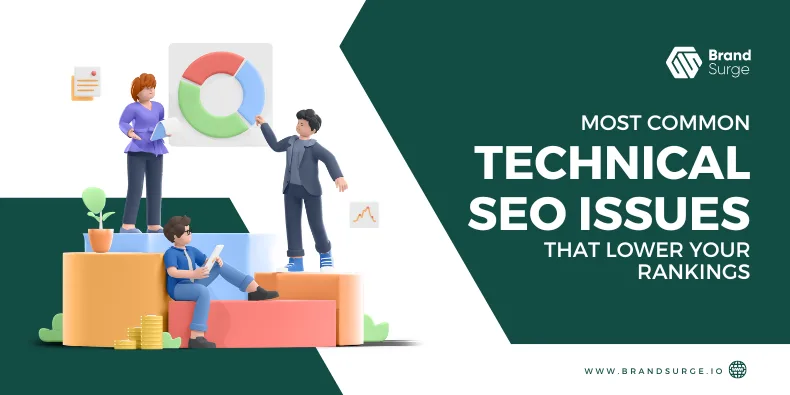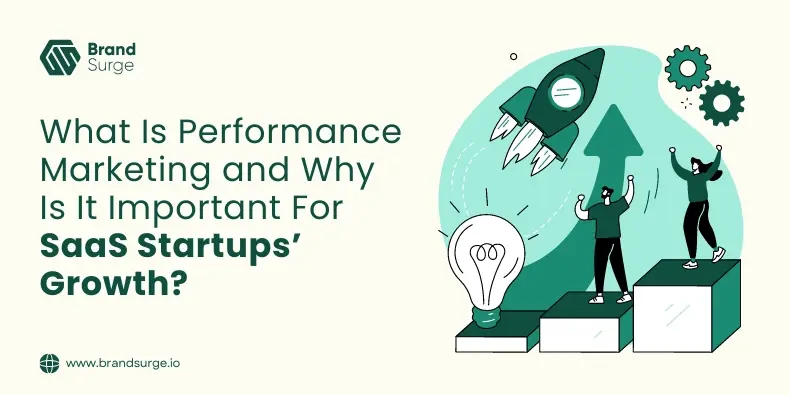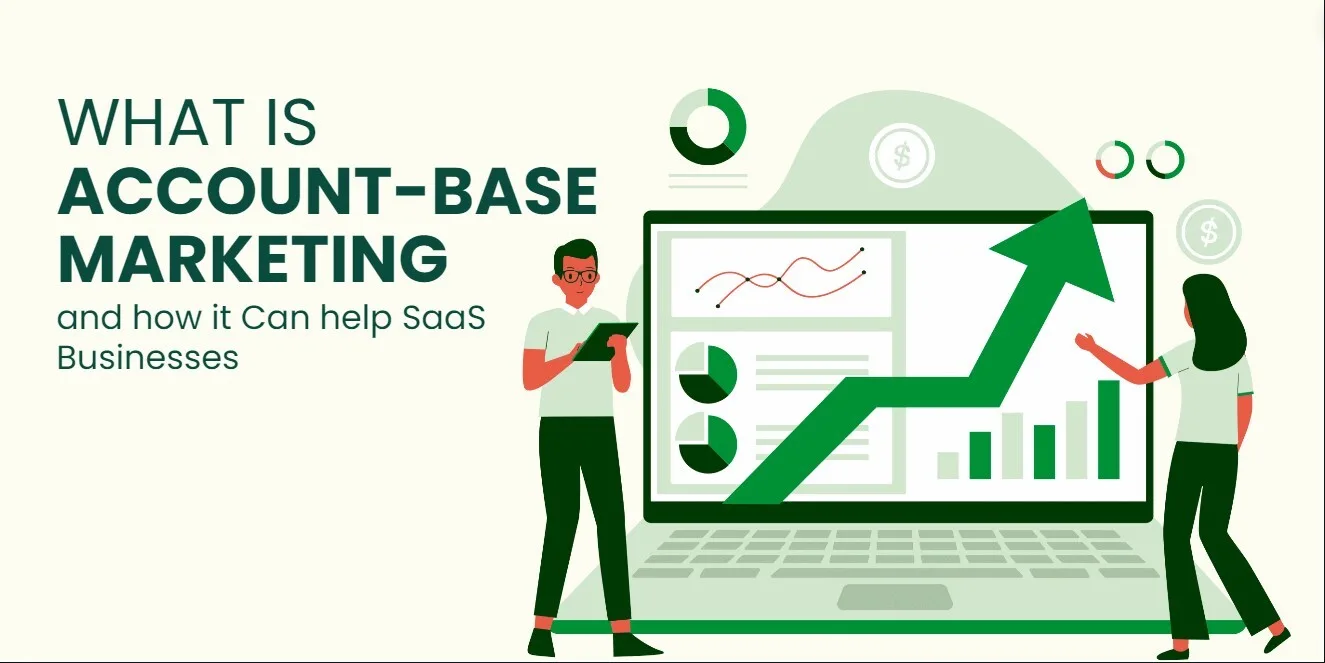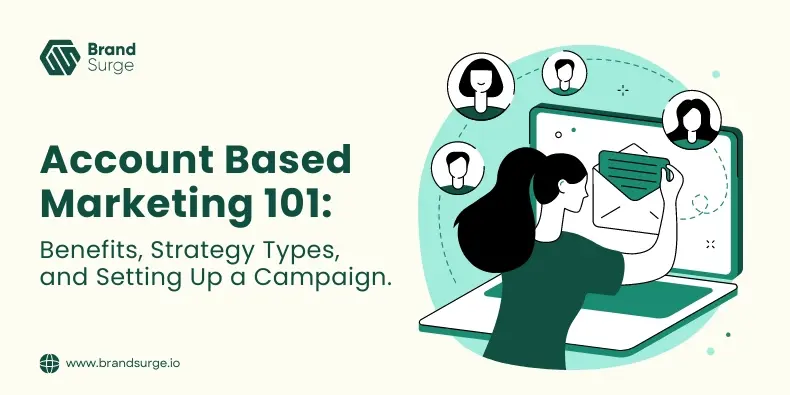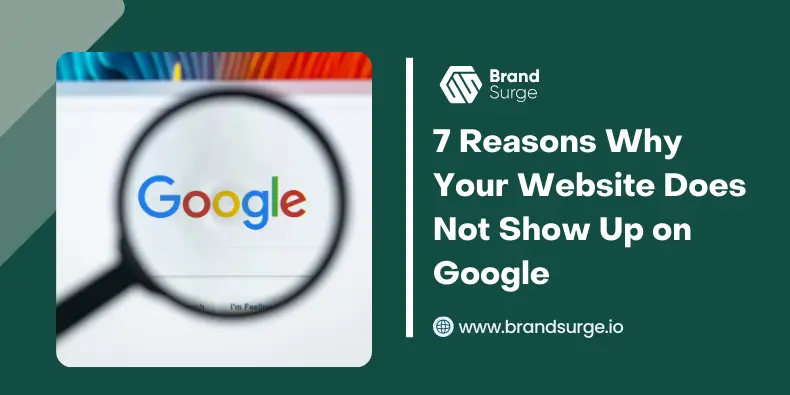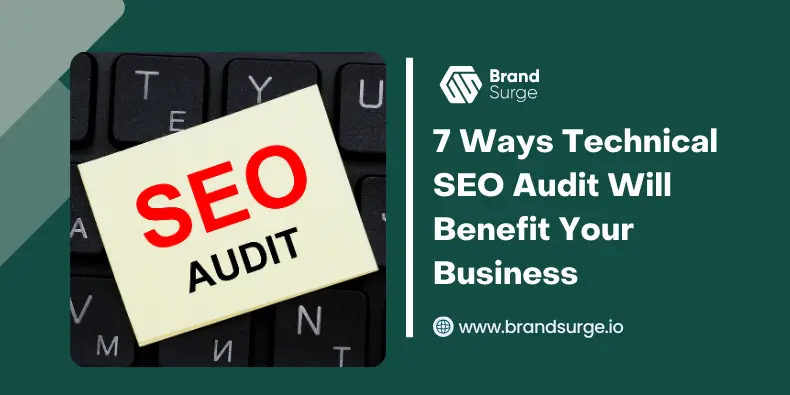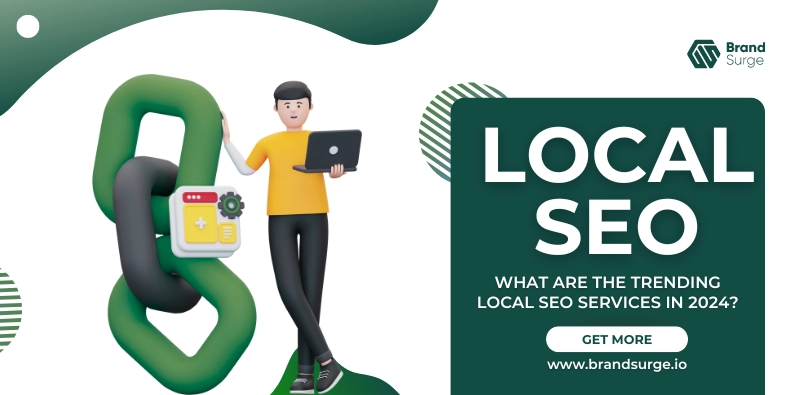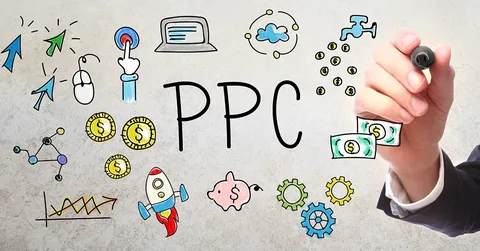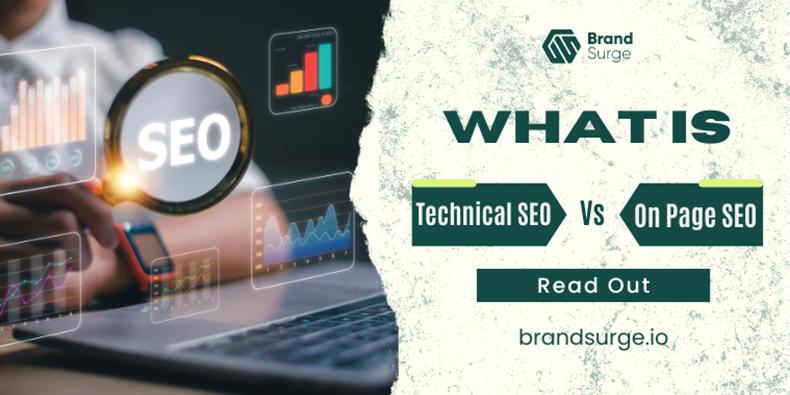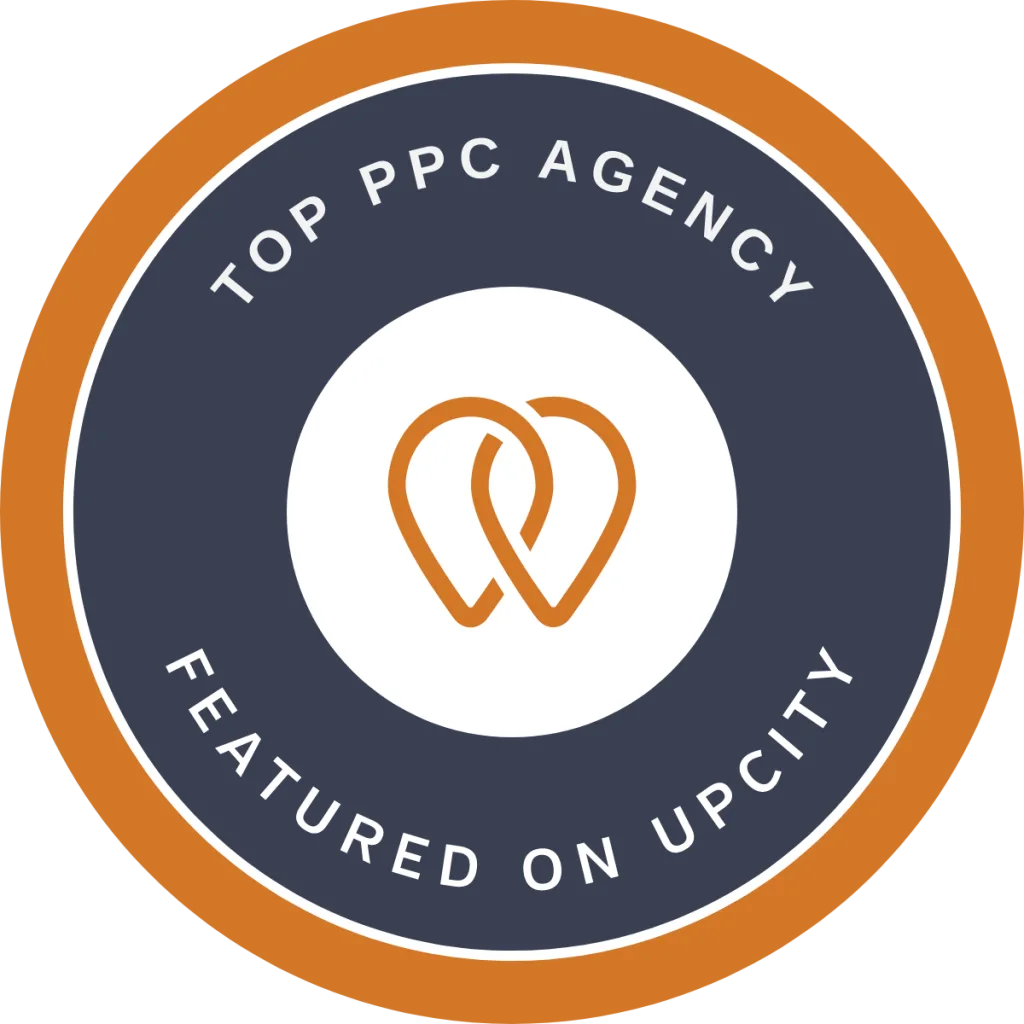Have you ever been in an unfortunate situation where your site ranking keeps declining, and you have no idea why? This is probably due to a slight bump in your technical SEO activities. Moreover, you can also commit a few innocent mistakes that affect your SEO in the long run.
When discussing technical optimization (SEO), we refer to updates to a website and server that you have immediate control over and which directly (or sometimes indirectly) impact your web pages’ crawlability, indexation, and, ultimately, search rankings.
Technical optimization includes title tags, page titles, metadata, HTTP header responses, XML sitemaps, and 301 redirects. However, this approach does not work on keyword research, backlink profile development, analytics, or social media strategies. In short, robust search engine optimization can improve the site’s performance and rankings.
Despite its multiple benefits, if you ignore a few aspects and commit technical mistakes, it will directly be shown on your ranking and affect your sales. This blog tries to teach about these mistakes and their solutions to enable your business to thrive in the competitive market for a long time.
What Are The Common Technical SEO Mistakes That Affects The Ranking?
On the one hand, technical SEO improves your visibility and substantial overall ranking on the search engine results pages. On the other hand, committing the following mistakes will directly affect your brand value and cause your website to be lost in the darkest pit of the online world, where nobody will find it. Some of the mistakes are as follows.
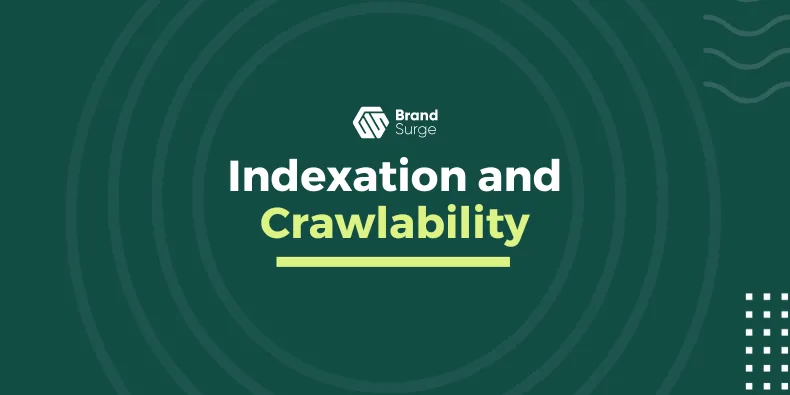
Indexation and Crawlability
Without a proper indexing strategy, your pages may not get into Google’s index, meaning they won’t appear in search results. Ensure that your most important pages are indexed using tools like Google Search Console to monitor and manage your indexing status. Some other problems that affect the indexing and crawlability are as follows.
Robots.txt errors
Incorrectly configured robots.txt files can block search engines from accessing essential pages on your site. Regularly check and update your robots.txt file to ensure it only blocks pages that should not be indexed, such as admin or duplicate.
Broken Links
Broken links and server errors can prevent search engines from crawling your site effectively. Regularly audit to find broken links and 404 errors, 500 server errors, and other HTTP status issues, and fix them immediately to ensure smooth crawling.
Redirect Chain and Loops
Redirect chains and loops confuse search engines and slow down crawling. Keep your redirects simple and direct. Audit your site for unnecessary chains and loops and simplify them to improve crawl efficiency.
Orphaned Pages
Orphaned pages lack internal links, making them inaccessible to search engines. To improve crawlability and discoverability, make sure every page on your site is appropriately linked to at least one other page.
Outdated Sitemap
Recurring XML sitemap errors can prevent search engines from crawling your site efficiently. To ensure proper indexing, update your sitemap with all your essential URLs and submit it to Google Search Console.
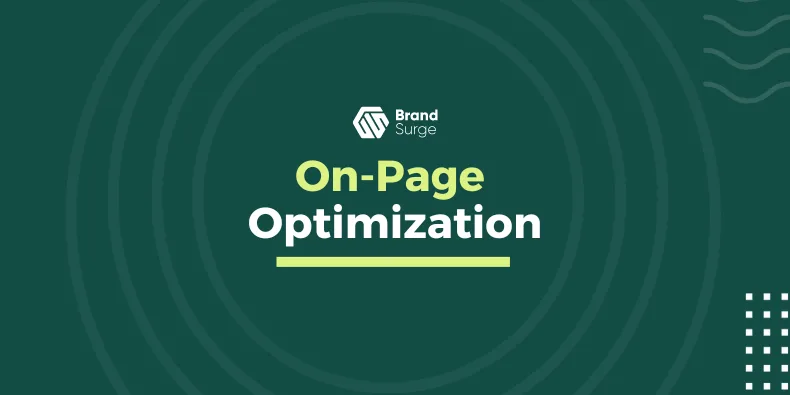
On-Page Optimization
Duplicate and low-quality content can confuse search engines and lead to ranking penalties. To consolidate Duplicate content penalties, use canonical tags to specify the preferred version of content and 301 redirects. Some other affecting aspects are as follows.
Poor Use Of Heading Tags: Improper use of heading tags (H1, H2, etc.) can make it challenging for search engines to understand the structure of your content. It is one of the 7 reasons your website does not show up on Google. Ensure that your headings are used hierarchically to provide clear context and improve SEO.
Poorly Optimized URLs: Long, irrelevant, or poorly optimized URLs can negatively impact SEO. Keep URLs short, descriptive, and keyword-optimized to enhance user experience, visibility, and search engine understanding.
Confusing Alt Tags: Alt tags provide image descriptions, helping search engines understand the content. Ensure all images have accurate and descriptive alt tags to improve accessibility and SEO.
Wrong Canonical Tags: Incorrectly specifying canonical tags can lead to duplicate content issues. Regularly audit your site to ensure that canonical tags are correctly implemented and point to the preferred version of each page.
Hreglanf Tags: Hreflang tags specify language and geographic targeting for your content. Make sure that these tags are correctly implemented to avoid content duplication and improve the targeting of international audiences.
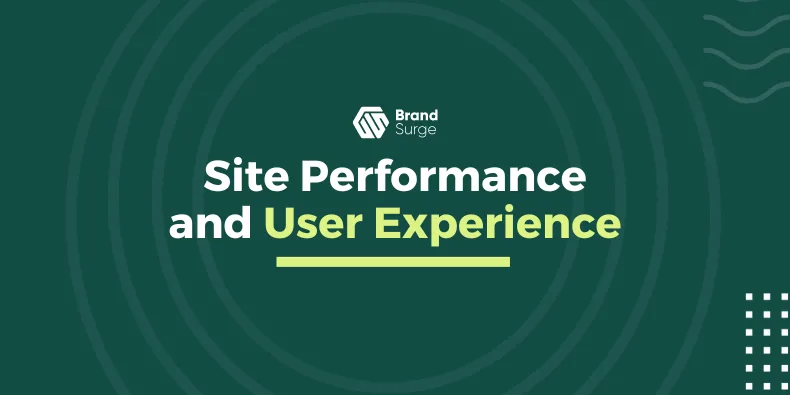
Site Performance and User Experience
Site speed optimization problems are one of the major ones in this situation. Slow-loading pages negatively affect user experience and rankings. Use tools like Google PageSpeed Insights to identify and fix speed issues, such as optimizing images, leveraging browser caching, and minimizing JavaScript.
Poor Mobile Responsiveness
With the increasing use of mobile devices, having a mobile-friendly site is crucial. Mobile usability issues will also slow down your site and make it less attractive. Using tools like Google’s Mobile-Friendly Test, ensure your website is highly responsive and optimized for all mobile devices.
Javascript Rendering Issue
Your rankings may suffer if search engines cannot access your content due to JavaScript rendering issues. Use tools like Google Search Console to identify rendering issues and implement server-side or dynamic rendering solutions.
Here are the common mistakes and their solutions to ensure a robust SEO approach for your website. Some problems are long-tailed, while others instantly show their impact and help you understand the problem. To avoid these problems, hiring a marketing agency that knows these terms and enables you to prevent these mistakes along with fruitful solutions is highly advisable.
These are the common problems and their solutions when facing a ranking decline. Avoiding these problems will benefit your technical SEO, and all search engines will find you conveniently. In short, these simple preventions will make the user experience more seamless, inviting them to become your loyal customers.
If you are one of those facing a sudden ranking decline, contact Brand Surge today and let all your worries become a relaxing sigh. Our team will run a detailed analysis and find the reason for these deindexing and poor ranking. Our experts will provide result-oriented solutions so you can enjoy a top ranking for a long time. To get these benefits from us, visit our website now!
FAQs
What affects your SEO ranking?
Quality content, backlinks, technical SEO, user experience, and search intent influence your overall website ranking.
What are some common SEO mistakes?
Keyword stuffing, poor link building, ignoring mobile optimization, slow loading speed, and neglecting technical optimization are common SEO mistakes that affect your site’s performance and ranking.
What is the biggest problem with SEO?
SEO has constantly evolving algorithms that can make it challenging to keep up. You need to stay vigilant and relevant to stay ahead of the competition.
